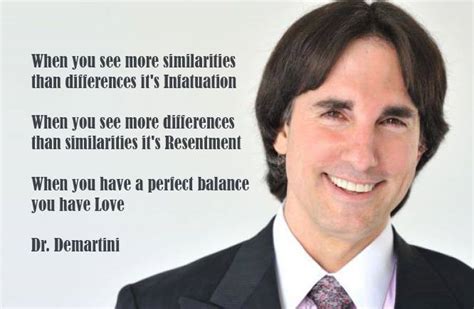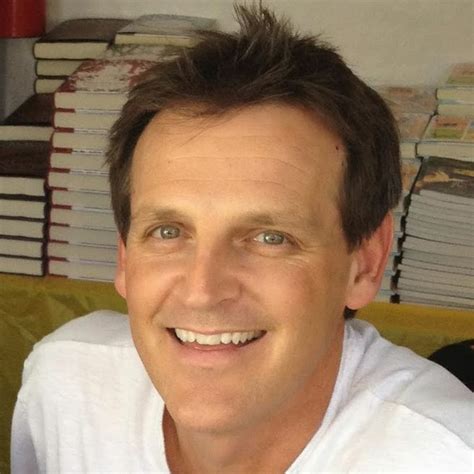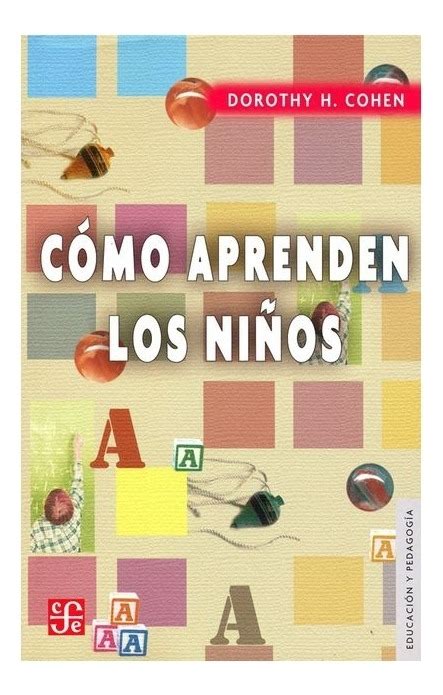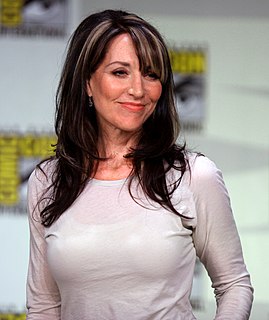A Quote by Sarah Hall
I tend to research as I write so that the narrative can take priority, which is important for a piece of fiction, I think, finding out facts as and when I need to.
Related Quotes
I research, write, travel and teach. I rarely arrange for spare time. If we do not fill our days with high priority actions they will fill with low priority actions. I would prefer to live my life according to my highest priorities and do what I love, which again is research, write, travel and teach. It is my mission and calling. It is what inspires me. It is my destiny.
The most difficult part of writing a book is not devising a plot which will captivate the reader. It's not developing characters the reader will have strong feelings for or against. It is not finding a setting which will take the reader to a place he or she as never been. It is not the research, whether in fiction or non-fiction. The most difficult task facing a writer is to find the voice in which to tell the story.
Each genre has its own process. I'm very intuitive about poetry. I usually write first and second drafts out by hand. The other end of the spectrum is journalism, which is much more cerebral, more thought-out and planned. Fiction lies somewhere in between. I usually start intuitively but eventually I need to stop and consider structure, or research, or both.
Making fiction for children, making books for children, isn't something you do for money. It's something you do because what children read and learn and see and take in changes them and forms them, and they make the future. They make the world we're going to wind up in, the world that will be here when we're gone. Which sounds preachy (and is more than you need for a quotebyte) but it's true. I want to tell kids important things, and I want them to love stories and love reading and love finding things out. I want them to be brave and wise. So I write for them.
I tend to agree with my husband, that to continue the conversation about something that is an important topic, particularly now, which is that of gun control, through his narrative, which is actually what's happened, I don't think it was a conscious decision of, "That's what we're going to do," but that's what seems to have happened, and that's not a bad thing.
I think it's important to humanize history; fiction can help us remember. A lot of books I've read in the past have been so much more important than textbooks - there is an emotional connection with one particular person. I'm very much of a research-is-important type of fiction writer, even for contemporary fiction. I wrote about blogs in America and I've never blogged. But I read many, many blogs - usually about feminist things, or about race, or about hair.







































